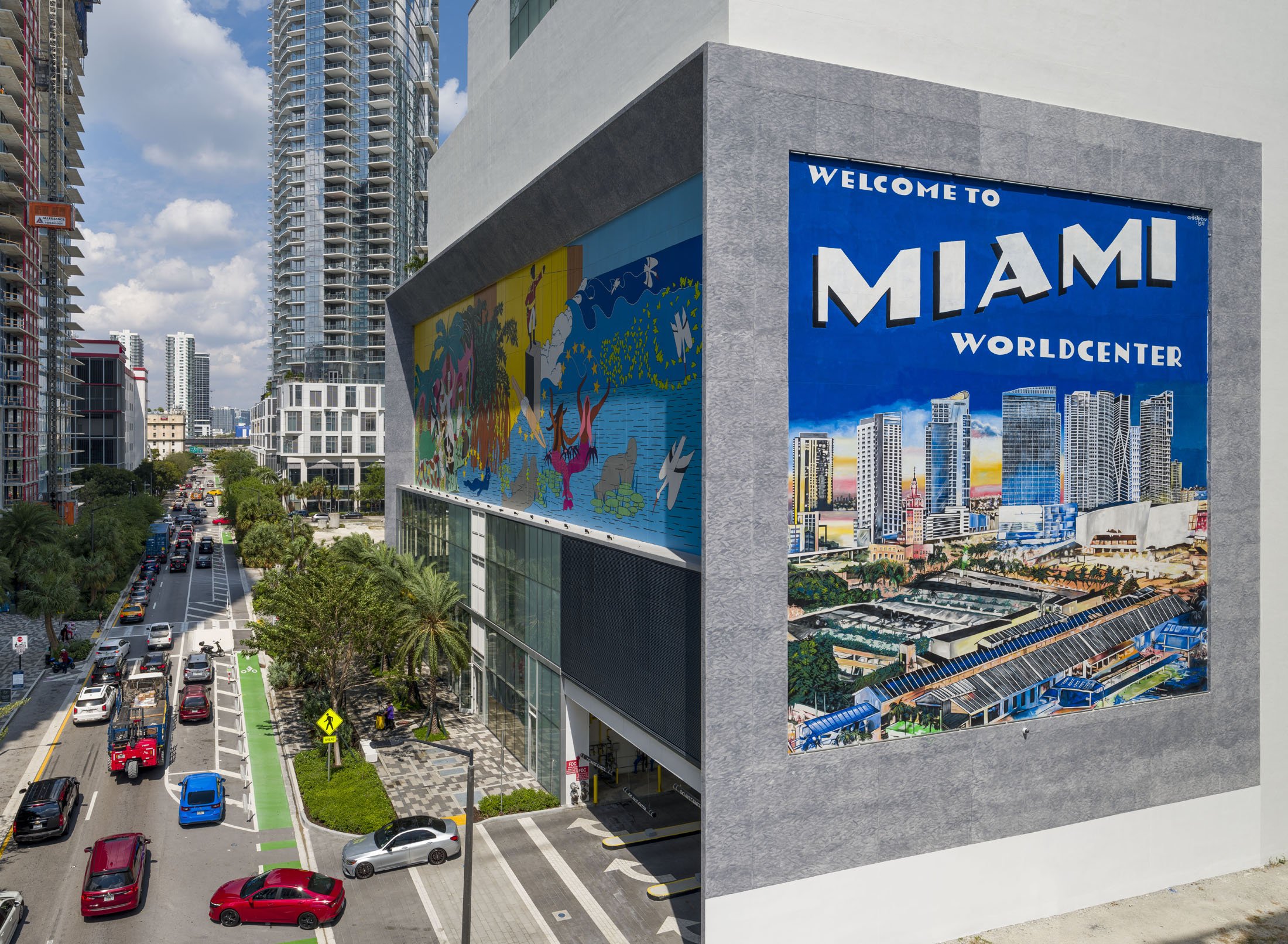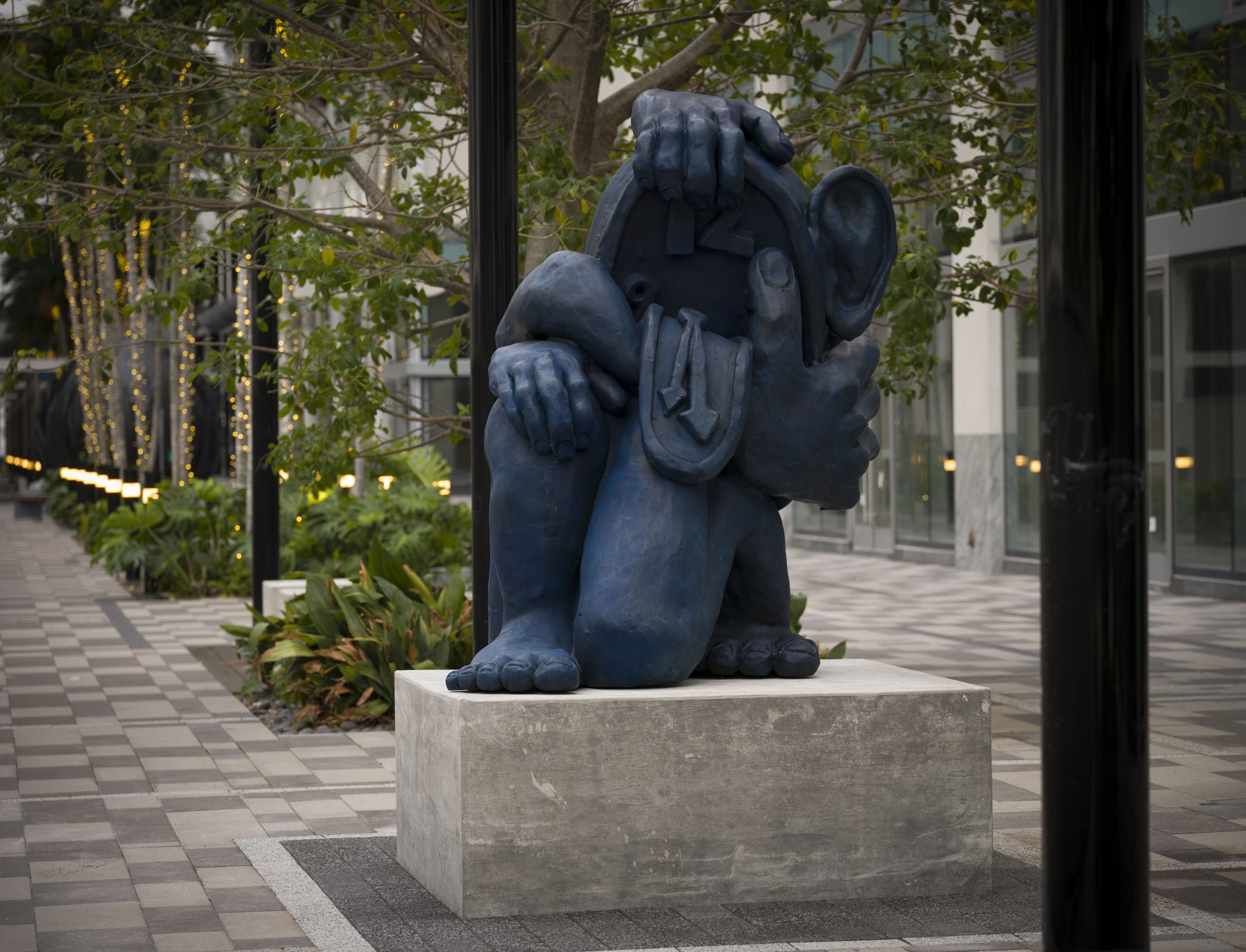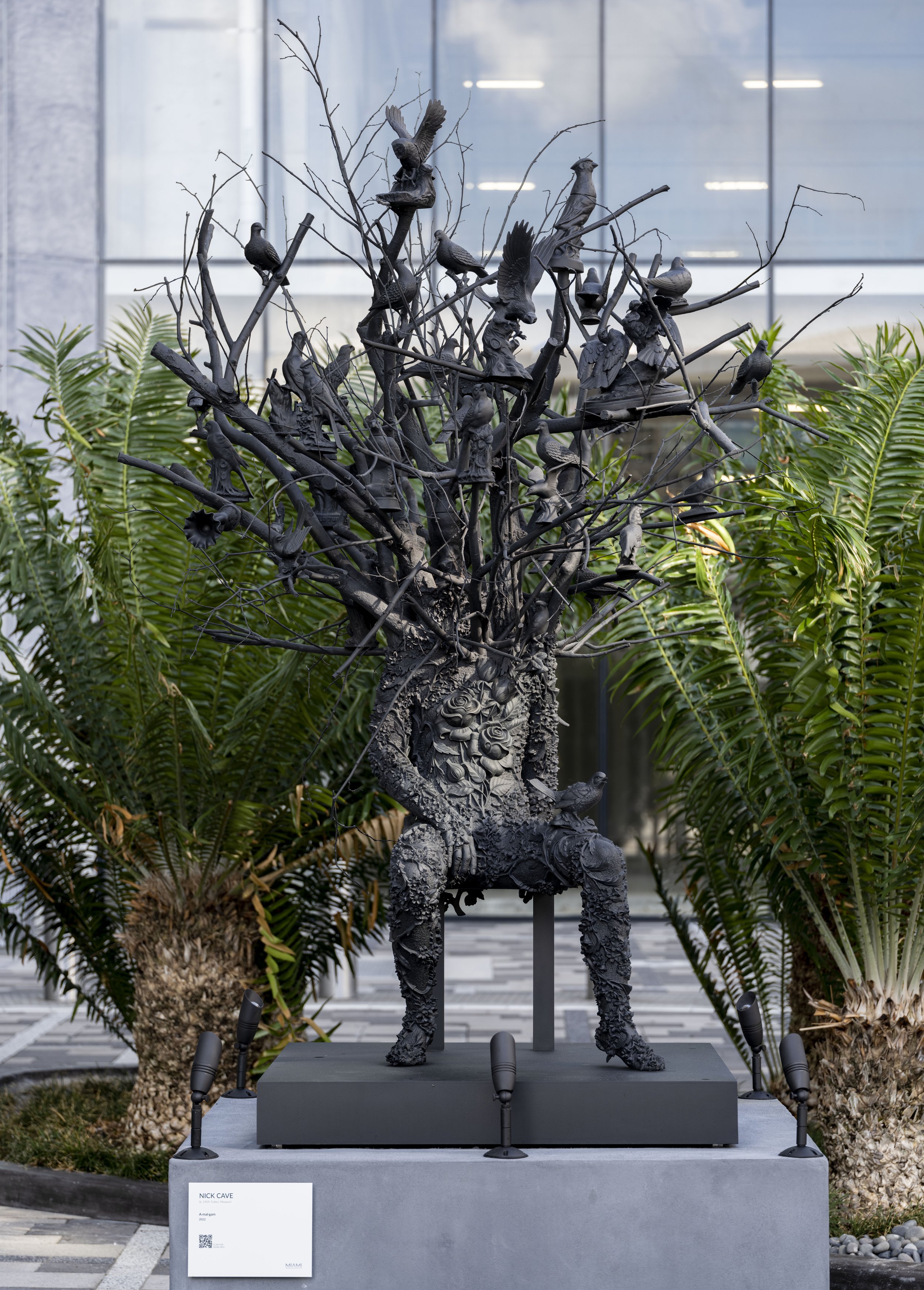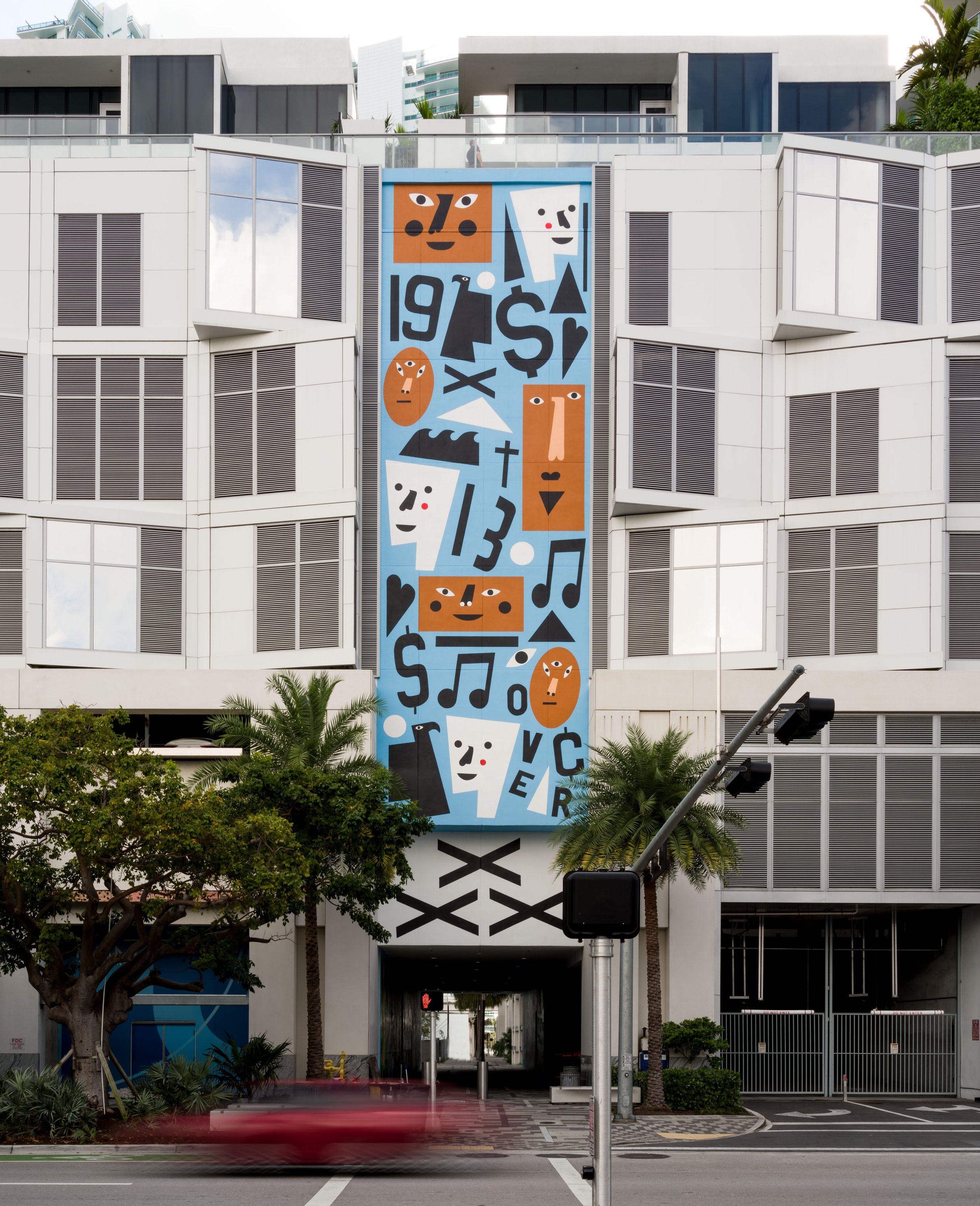
Specialty Projects
Bringing specialized expertise to unique construction projects, from intricate architectural builds to innovative industrial solutions tailored to client needs.
Experience the dynamic synergy of urban development and artistic expression at the Miami Worldcenter Public Art Program. Offering Project Management, Curatorial Collaboration, and more in the heart of Miami, our team, led by curators Jeffrey Deitch and Primary Projects, collaborates with Miami World Center and Miami A/I, LLC. Explore captivating, site-specific installations by rising talents and world-renowned artists, shaping an exceptional public gallery experience in downtown Miami. Join us in celebrating the legacy of foundational contributors to the city's art scene at Miami Worldcenter.
Miami-based Haitian muralist Serge Toussaint painted Welcome to Miami Worldcenter based on a photograph by Kevin Jimenez of Polakev Photography.
The HISTORIC PAN AM GLOBE, Originally commissioned in the 1930s by Pan American Airways, the historic Globe was initially created by Rand McNally to serve as the centerpiece of Pan Am’s Dinner Key seaplane terminal. Before it became a museum piece, the Globe — with a circumference of 31 feet, five inches — was installed in the center of Pan Am’s Art Deco terminal that opened in 1934 at Dinner Key.
“Girl On The Run” is a sculpture by Zadok Ben-David. In his work, the artist plays with movement and illusion, transforming human-scale people into monumental symbolic figures. Girl On The Run is part of a larger body of work titled "People I Saw But Never Met" which shows people encountered on the streets of over 20 countries around the world.
Woody De Othello’s “Some Time Moves Fast, Some Time Moves Slow” is a large-scale bronze depicting a seated, hunched figure, embracing a clock. Resting on the figure’s shoulder is a telephone receiver, positioned as if a call is in place. The work relates to the nebulous nature of time, a consistent theme in Othello’s practice. It was conceived at the height of the pandemic, when days merged into weeks, and social interaction was relegated to devices.
Trenton Doyle Hancock grew up in Paris, Texas, to a family of evangelical Baptist ministers and missionaries. Supplementing his religious upbringing with comic books and Greek mythology, at the age of 10 he invented Torpedo Boy — an alter ego/superhero he still uses today. At this young age, Hancock already began to develop a singular mythology, which has evolved over the years. Ultimately birthing his own creation myth — as played out through paintings, sculpture, drawings, prints, and installation — Hancock tells the story of the Mounds (gentle hybrid plant-like creatures) protected by Torpedo Boy, and their enemies, the Vegans (mutants who consume tofu and spill Mound blood every chance they get).
Across the United States, public statues have been built to reinforce and perpetuate white supremacy as symbols of the Confederacy, slavery, and racism. In recent months, as monuments have been toppled and replaced, spurred by Black Lives Matter protestors and community organizing, empty plinths are left as hopeful spaces, creating room to reckon with history and revise narratives. A·mal·gam offers a new monument: one that envisions true liberation and celebration. - Nick Cave
HERNAN BAS, gas been lately, been making paintings that I’ve taken to calling to “quiet” history paintings. Not the typical drama of a war scene or traumatic event usually associated with “history” paintings but instead a moment that, while noted in history books had a softer impact, resonates but doesn’t scream for attention.
VIKTOR EL-SAIEH’s I of the Spiral. The “I of the Spiral” can be understood conceptually through the lens of magic and compositionally through the shape of a spiral. This work also reflects an attempt to map that which appears to be chaotic.
Nina Chanel Abney created this immersive mural in response to the legacies of gentrification that erase the rich histories of vibrant Black communities.
With the creation of the mural “sailing hammock” Franz Ackermann intend to merge Painting and Architecture in favor of a new visual experience. Architecture is perceived as Painting. While inviting like an open gate to the new city, “sailing hammock” aims to allure the observer to see and to enter.











